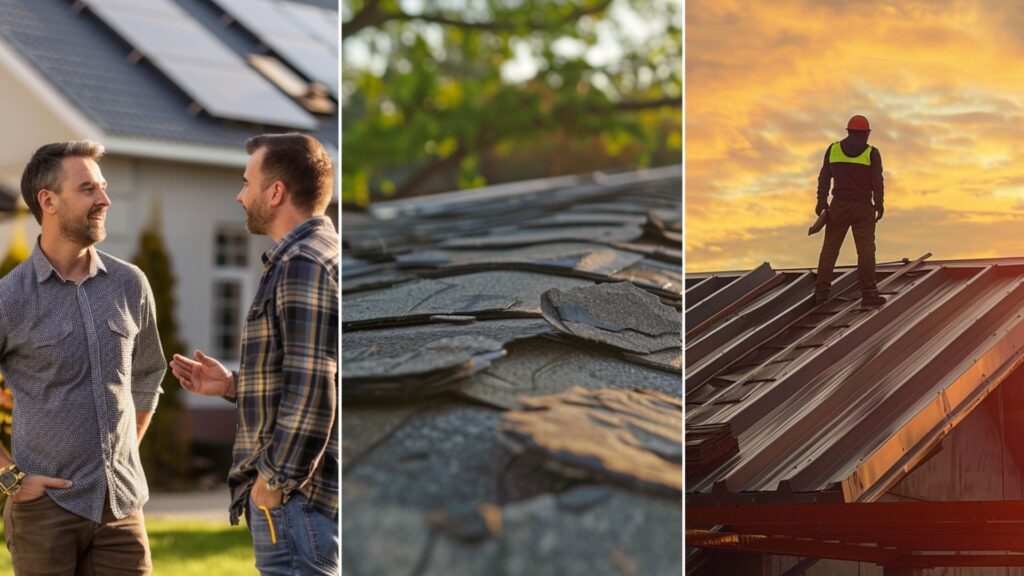
Flat Fee Roof Inspection Costs
Importance of Regular Roof Inspections
By investing in routine roof inspections, homeowners can ensure the longevity of their roofs, whether they are residential or part of a commercial roof inspection, and protect their property from water damage, structural issues, and other complications that may arise from neglect. Additionally, consistent inspections help verify proper ventilation, essential for maintaining roof health and preventing issues like mold or increased energy costs. Qualified roofing contractors provide peace of mind by offering a detailed report on the roof’s current condition, allowing homeowners to plan for any necessary maintenance, upgrades, or the average cost of potential repairs.
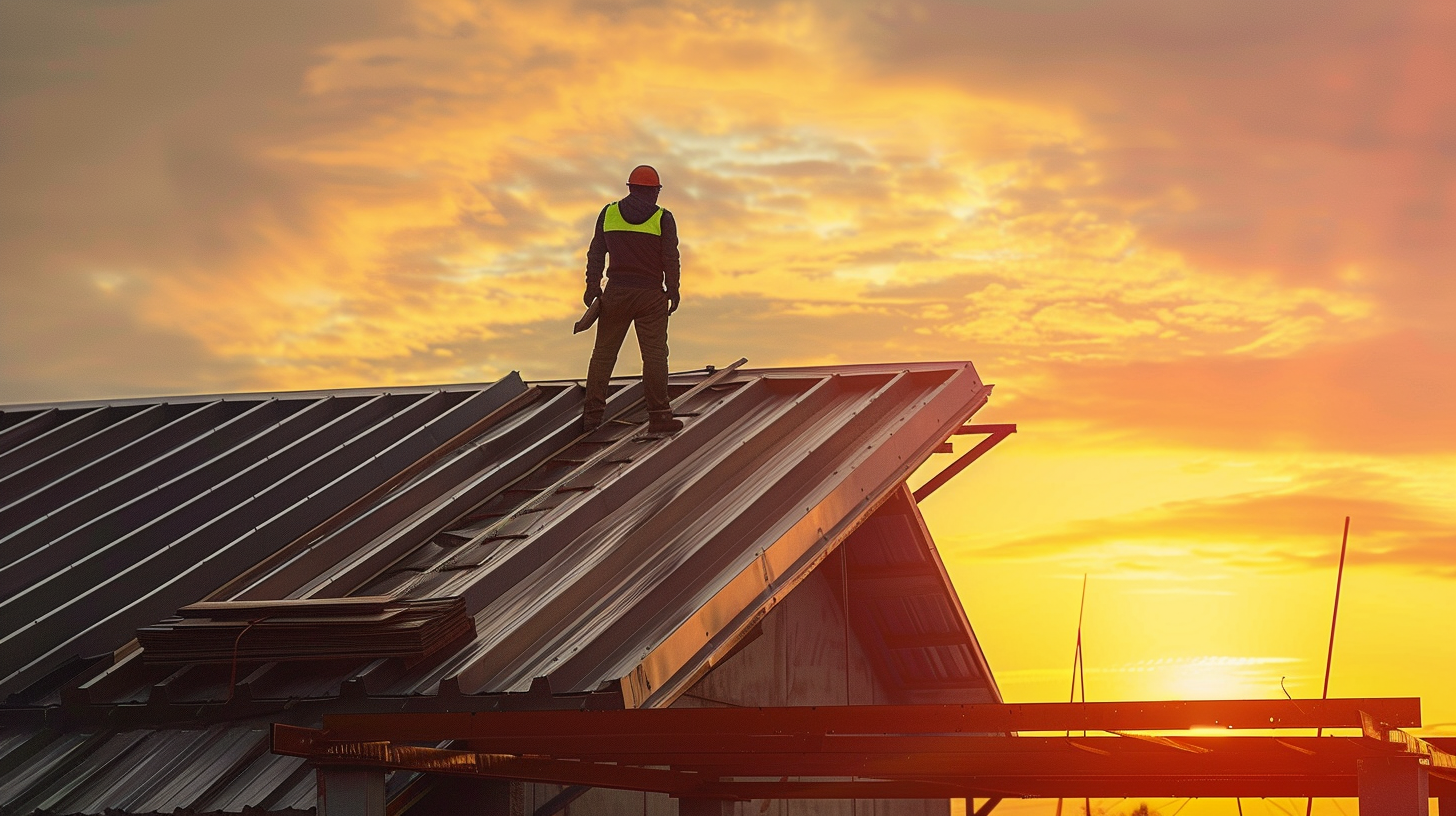
Flat Fee Roof Inspection Costs - Types of Roof Inspections - Sky Roofing Construction & Remodeling
Types of Roof Inspections
Detailed assessments, part of professional inspections, provide an in-depth analysis of the roof’s condition, identifying potential structural damage and areas needing immediate attention for optimal roof maintenance. Each inspection type, whether it involves accessing the roof directly or using advanced technology, serves to proactively pinpoint issues that could escalate if left unresolved, ensuring your roof remains in good health and protecting your property from additional costs associated with significant repairs. By investing in these inspections, measured per square feet of your roof, homeowners can safeguard their roofs against significant problems, prolonging their lifespan and enhancing overall safety.
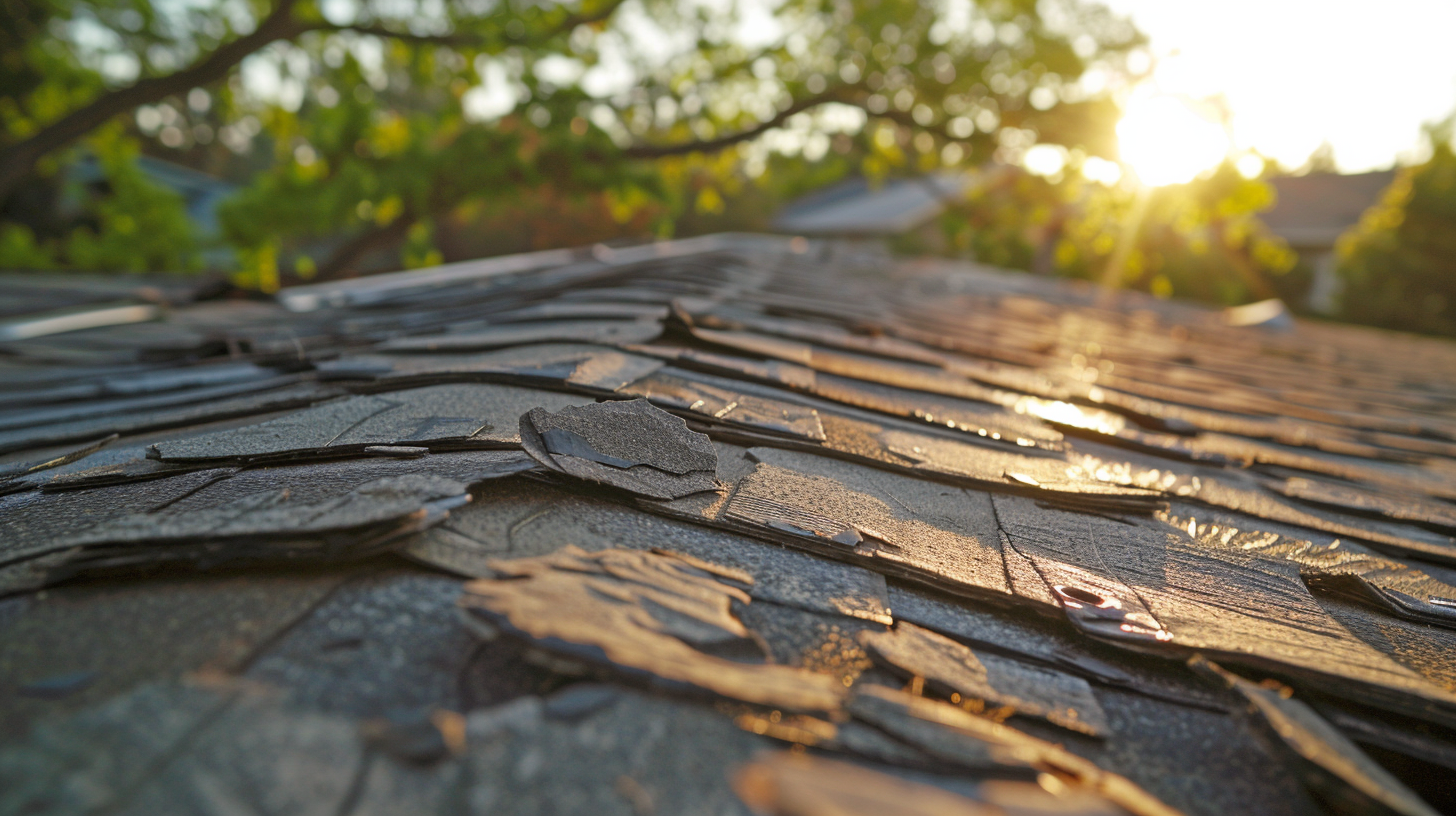
Flat Fee Roof Inspection Costs - Flat Fee Structure - Sky Roofing Construction & Remodeling
Flat Fee Structure Explained
Regular inspections by a professional roofing contractor or reputable roofing companies can prevent costly repairs and provide the necessary documentation for roof certification, which an insurance company might require. This approach enables homeowners to make informed decisions about repairs or maintenance, ensuring their roof remains in top condition.
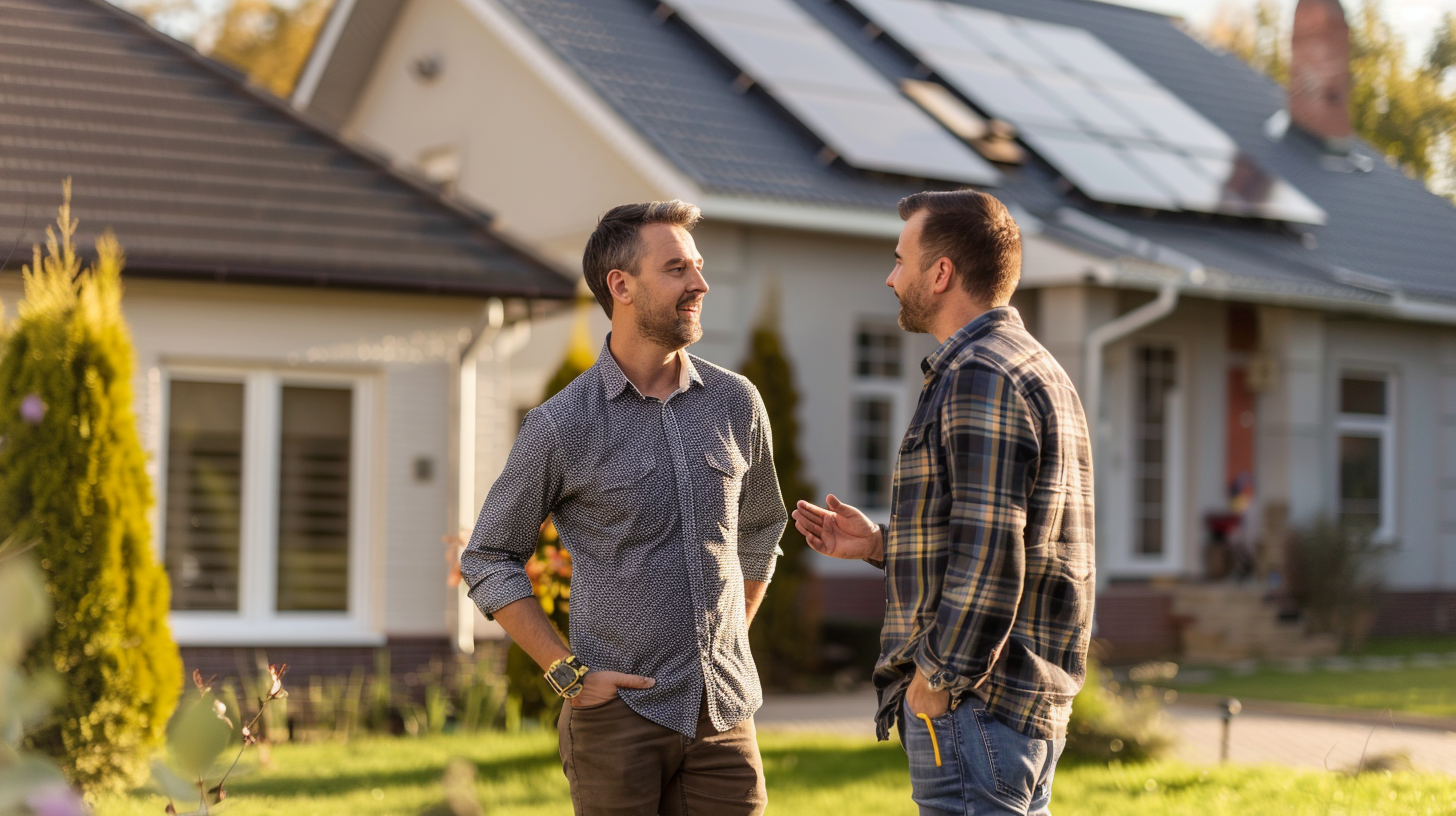
Flat Fee Roof Inspection Costs - Definition of Flat Fee - Sky Roofing Construction & Remodeling
Definition of Flat Fee Roof Inspections
Benefits of Flat Fee Pricing
Factors Influencing Inspection Costs
Additionally, the work required for a thorough inspection, including proper attic ventilation checks and whether the roof is part of a commercial property, can affect the labor cost. The type of roof inspection, such as a drone roof inspection or inspections conducted by roofing experts, further influences the overall price. Geographic location and seasonal demand can also impact costs. By being aware of these considerations, homeowners can make informed decisions and enjoy the benefits of a transparent and predictable pricing structure for their roof inspections, ensuring that roofing professionals provide the necessary expertise.
Size and Complexity of the Roof
Additionally, different roof types may affect ventilation and insulation, impacting overall energy consumption and potentially leading to higher energy bills if not properly managed. Roofs exposed to storm damage may require more frequent inspections, especially to detect warning signs such as loose shingles or roof leaks. Ensuring that your roof warranties and insurance coverage are up to date is essential to mitigate repair costs. An attic inspection is also vital for identifying apparent signs of damage and ensuring a durable roof that can withstand various weather conditions. Understanding these factors helps homeowners plan and manage the average price of maintaining a well-functioning roof.
Ensuring Roof Health with Flat Fee Inspections
Flat fee roof inspection costs offer homeowners clear and predictable pricing for assessing their roofing system. By opting for this pricing model, you avoid unexpected charges and gain peace of mind knowing your roof is being evaluated by experts (https://skyroofingconstructiontx.com). For a comprehensive roof inspection and quality roofing services, contact Sky Roofing Construction & Remodeling at (210) 942-9797. Let us help you maintain a durable and well-maintained roof with our transparent and reliable services.
The post How Flat Fee Roof Inspection Costs Simplify Your Roofing Budget appeared first on Roofing Contractor San Antonio - Sky Roofing Construction & Remodeling.
from Roofing Contractor San Antonio – Sky Roofing Construction & Remodeling https://skyroofingconstructiontx.com/flat-fee-roof-inspection-costs/
via Sky Roofing Construction & Remodeling
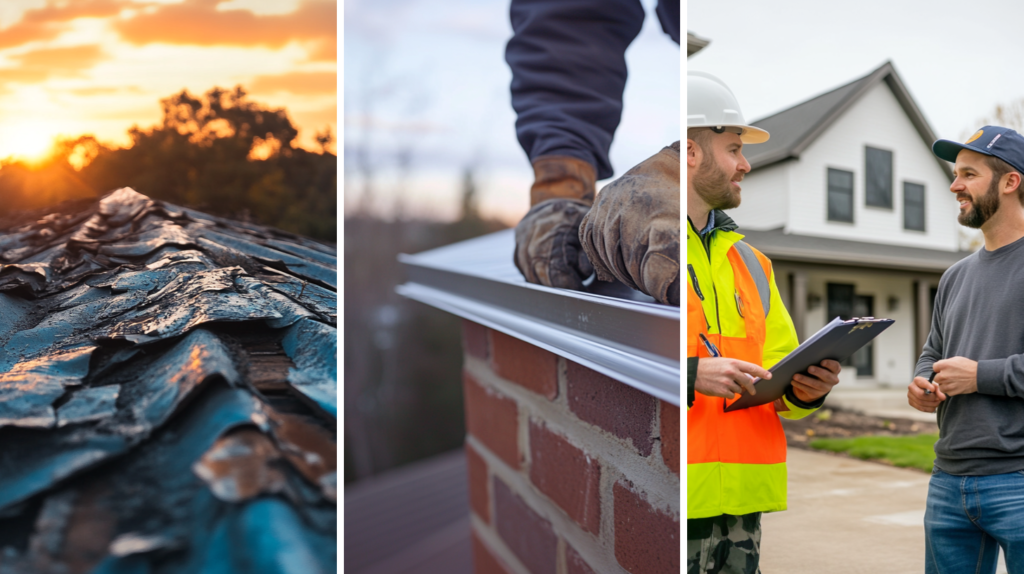
No comments:
Post a Comment